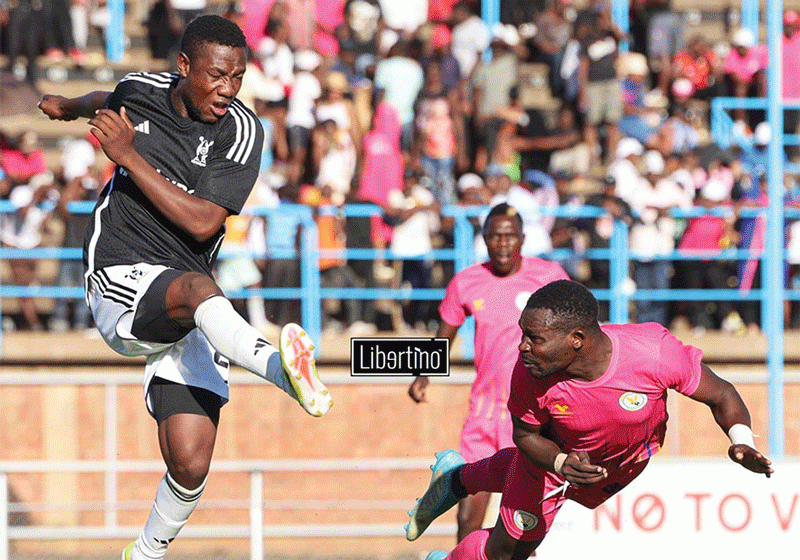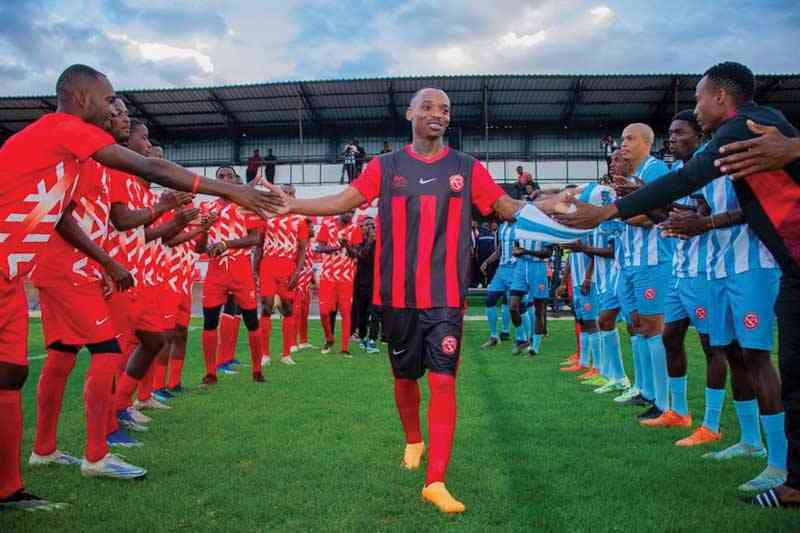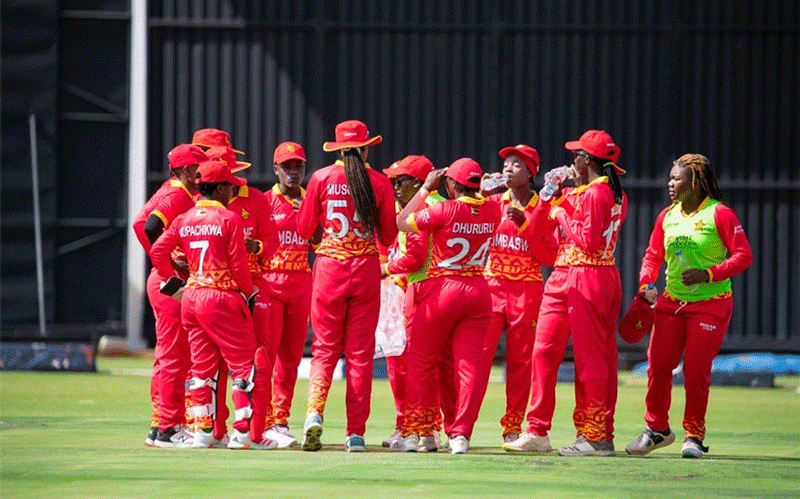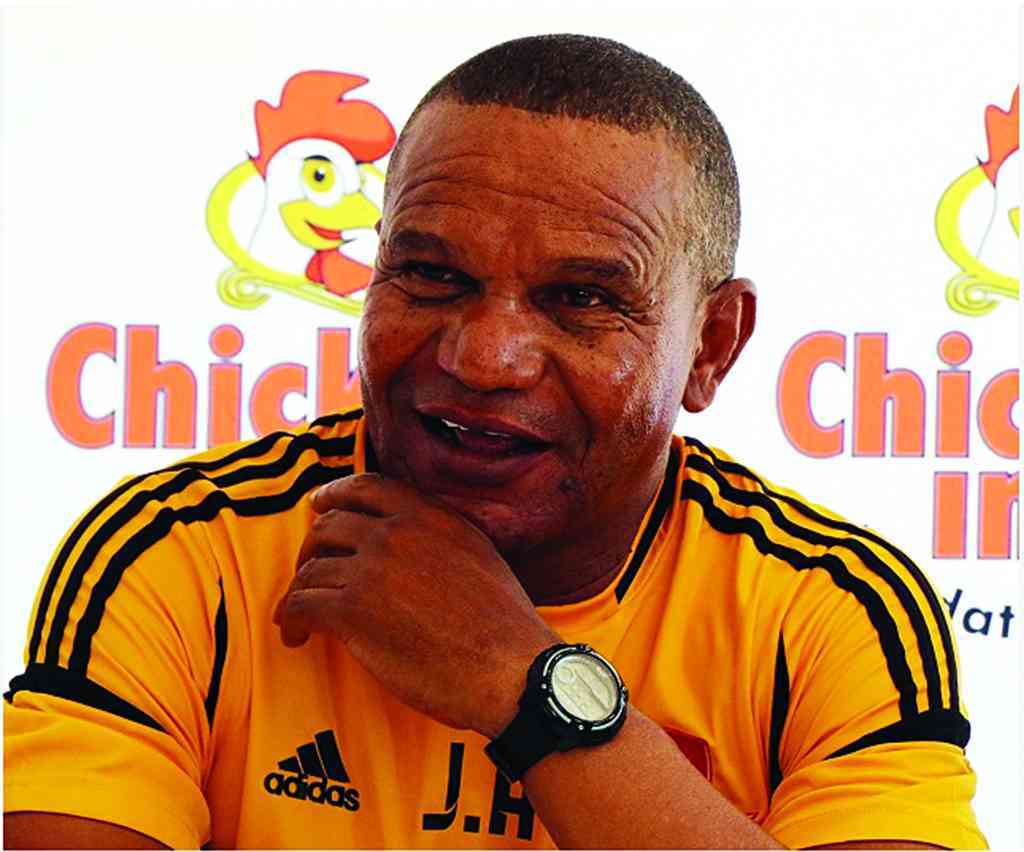
Lloyd Zvasiya’s life is the stuff of what dreams are made of.
So are the lives of Comrades Marathon champion Stephen Muzhingi, footballers Leo Kurauzvione, Cephas and Elton Chimedza, as well as Lloyd’s younger brother, Kaizer Chiefs defender Lincoln.
All four decorated sports personalities crossed paths at Support Unit Headquarters in the backwater of Chikurubi in the ’90s where they could probably have laughed off suggestions they would grace the world’s sports stadia and rub shoulders with the glitterati.
Support Unit is probably famed for being home to the police’s vicious, paramilitary wing known as the “Black Boots”. Discipline ranks high among these paratroopers’ raft of virtues.
And Zvasiya believes his stint in the police camp contributed to his development as an athlete. “Yes, it did,” he says.
“I think the discipline contributed in me having a great life (and) getting almost everything I needed in life as a kid. That really helped too.”
Police officers who work and live in Support Unit have opportunities to do sport and Zvasiya recalls his father used to play volleyball and tennis thus, in more ways than one, the love for sport could have been hereditary.
“Growing up in my father’s house was amazing. People used to talk a lot about how my father was so good at volleyball and tennis. He played the biggest part in my growth as an athlete,” recalls Zvasiya.
- Chamisa under fire over US$120K donation
- Mavhunga puts DeMbare into Chibuku quarterfinals
- Pension funds bet on Cabora Bassa oilfields
- Councils defy govt fire tender directive
Keep Reading
He says he was lucky to have the best coach in Zimbabwe as his first coach — Amon Nyaundi. Living in Support Unit, Zvasiya says, did not clip his wings as he allowed himself to dream, but he says he had never imagined himself demonstrating his racing skills in British colours. But today, he has run there countless times as part of the British team.
“I always wanted to run at the highest level in athletics, which is racing in Europe. Finally getting the chance was amazing because running for England was something I never dream of. I am yet to make the grade and hope to make the 2012 team for Great Britain,” he says.
He still remembers the man who probably set him up for the success that is now part of his career in the fast lane of the track.
“It was a great man called Thabani Gonye who was a police officer like my father at one point. He was my coach when I went to the 2004 Olympic Games and made me a household name in African athletics,” he says.
Living and working beyond Zimbabwe’s borders as a professional athlete is no stroll in the park, Zvasiya says: “You are always on the trot. You need loads of commitment.
“There is a lot of travelling and working hard. Right now I train in South Africa for 90 days,” he adds.
His treasured moments while growing up in Support Unit include watching his father playing football, growing up with Kurauzvione and tennis player Zibusiso Ncube, now based in the United States after securing a scholarship.
In July 2004, there was a moment of pure farce at the African Athletics Championships in Congo, when Zvasiya, who had a gold medal as part of the 4x400m relay team, sang Zimbabwe’s national anthem, Ngaikomborerwe Nyika ye Zimbabwe, after the band had played the old song, Ishe Komborera Africa.
When Zvasiya took the microphone and sang, the 40 000 crowd gave him a huge cheer, and the athlete recalls that: “the Congo story was something special”.
Zvasiya’s most memorable events include the 2003 All-Africa Games, the 2004 Afro-Asian Games where he represented Africa and the 2003 African Championships where he won gold to become the African champion.
For their childhood friend Chimedza — who now plies his trade in Belgium for Royal Cappellen FC, “it all started with plastic balls in the streets” at Support Unit Camp.
“In 1994, when I was in Grade 4, I was drafted in the school team,” says Cephas, adding it was the beginning of his rise as a footballer.
“Staying in the police camp really helped me a lot, especially on the discipline aspect. You need to be disciplined to make it as a football player.
“It wasn’t until I made it to play for the Dynamos juniors in 1999 that I started believing that I would make it.
“Our coaches, Clayton Munemo and Biggie Zuze as well as manager Malcom Fourie, always inspired us with stories of how players like Desmond Maringwa and Murape Murape started. So I just told myself I was going to emulate those guys,” Chimedza says.
He adds: “I have a lot of good memories about Support Unit, but the best ones are those about going to school in the police bus, (but) I would only live there again if the people I grew up with are there also. I’m sure now I know less than 5% of people living there.”
Muzhingi’s barbershop in the camp was a popular spot as he was also an expert in trimming hair. The walls of the barbershop were plastered with Muzhingi’s posters on the track.
The three-time Comrades Marathon winner, who is married to Erina Magwaza, was recently presented with $50 000 by President Robert Mugabe for his feats in sport.











